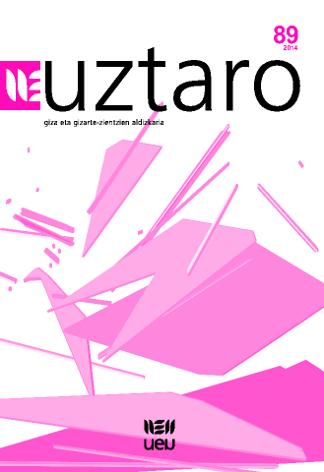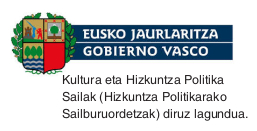Chinese literature in Basque: towards direct translations through teamwork
DOI:
https://doi.org/10.26876/uztaro.89.2014.3Keywords:
Chinese literature in Basque · Indirect translation · Direct translation · Team translationAbstract
This article offers an overview of the Chinese literary texts translated so far into Basque. Although Basque translations of Chinese texts are very scarce and heterogeneous, most of them share certain common characteristics (mostly classical literature; poetry, fables or Chinese thought; promoted by the translators themselves; indirect and target- oriented). Moreover, we can see an evolution in the way to translate: more and more importance is given to direct translation from Chinese, and when a text is not translated directly from the source language, the trend is to specify the intermediary language; in addition, the collaboration between an expert in the source language and an experienced translator in the target language is becoming a common phenomenon. In this sense, the work Hori da umorea, maisu! by Mo Yan, translated into Basque by the authors of this article, shares some characteristics with the most recent translations from Chinese.Downloads
Download data is not yet available.
License
Copyright (c) 2014 Uztaro

This work is licensed under a Creative Commons Attribution-NonCommercial-ShareAlike 4.0 International License.
Downloads
Published
2014-07-04
How to Cite
Jaka Irizar, A., & Marin Lacarta, M. (2014). Chinese literature in Basque: towards direct translations through teamwork. Uztaro. Giza Eta Gizarte-Zientzien Aldizkaria, (89), 39–64. https://doi.org/10.26876/uztaro.89.2014.3




















